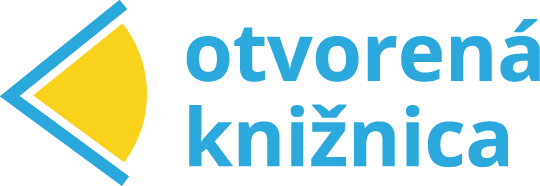Reflection by Ania & Magda

The Queer May Association was established in 2015 in Krakow, Poland, but has been operating as an informal initiative for over 10 years. Since its early beginning, Queer May organizes the Krakow Equality March and the Queer May Festival. As queer organization, we support local LGBTQIA communities, organize events and demonstrations, and advocate for our rights on a local level. The years 2019-2021 were very difficult for us, the community, but also for LGBTQIA organizations in Poland due to political campaigning against our community, systemic oppression, an establishment of LGBT-free zones, waves of protests and a pandemic. As a consequence, we experience burnout, and as an NGO we face difficulties with financing and a lack of human resources. Especially the last one was a big challenge for us, as an association working a lot with people at the grassroots level.
MAPPING
The crisis in the organization and participation in coLAB motivated us to take a critical look at the current structures and resources, and pushed us to a deeper analysis and diagnosis of problems, current limitations, but also existing potential.
This diagnosis was the starting point for mapping people who acted and act inside and outside the organization. Making a list of such people, which turned out to be very long and diverse, helped us to put the organization in order on the internal level, but it also helped us to reflect on its future development in the context of current and potential cooperation, team building and responding to the needs of local communities.
1 ON 1
The list was the first step in the diagnosis of challenges and problems in the organization. The subsequent in-depth analysis was to be facilitated by a conversation with mapped people, both those already involved in activism within our NGO and those outside of it. These interviews were preceded by the preparation of a short questionnaire, which was used and discussed during meetings with the people most involved in the activities of the organization. First of all, we wanted to know the motivations of people to engage in activism, the perception of our organization, perceived own and structural limitations, ideas related to self-development, but also dreams related to actions and possible changes at the local level. 1-on-1 conversations with the people identified and selected during mapping allowed us to create a framework for the current possibilities, but also opportunities for the development of the association. They also helped us to prepare a plan that best suits the needs of local communities.
Comprehensive activities in the context of mapping and 1-on-1 talks allowed us to think about the reconstruction of the organization in the context of its management, division of tasks, but above all, about possibilities of engaging people outside of our NGO structures, i.e. relegating part of the process of designing events and volunteering outside the organization, inviting community to cooperate with our association without making a commitment in long-term activism .
